Complex & Computational Systems

In chemical engineering, researchers develop and apply computational tools to design, understand, optimize, and control complex systems related to health, green chemistry manufacturing, new energy, and the environment.
As a student of chemical engineering at Northeastern University who wants to focus on computational aspects of chemical engineering, you will interact with a multidisciplinary group of our faculty who are at the forefront of open-source computational tools and predictive discovery, including:
- Quantum mechanical simulation techniques and machine learning models enable predictive discovery, design, and mechanistic study of catalysts and materials for sustainable energy applications.
- Opensource software practices in combustion science and computational kinetic modeling of reacting systems. Research focuses on bringing the tools of automated mechanism generation to heterogeneous catalysis will transform the molecular understanding of catalysis and provide high-throughput information for the next generation of fuels.
- New and applied techniques to elucidate the roles of glycoproteins in devastating diseases for better treatment strategies
- Molecular modeling and process simulation of interfacial/nanoconfined systems and mixtures to improve separations, develop nano/bio-materials, store energy and reduce the impact on the environment.
Examples of research of faculty in their labs being conducted in this research area are highlighted below. Also, view all faculty associated with this research area.
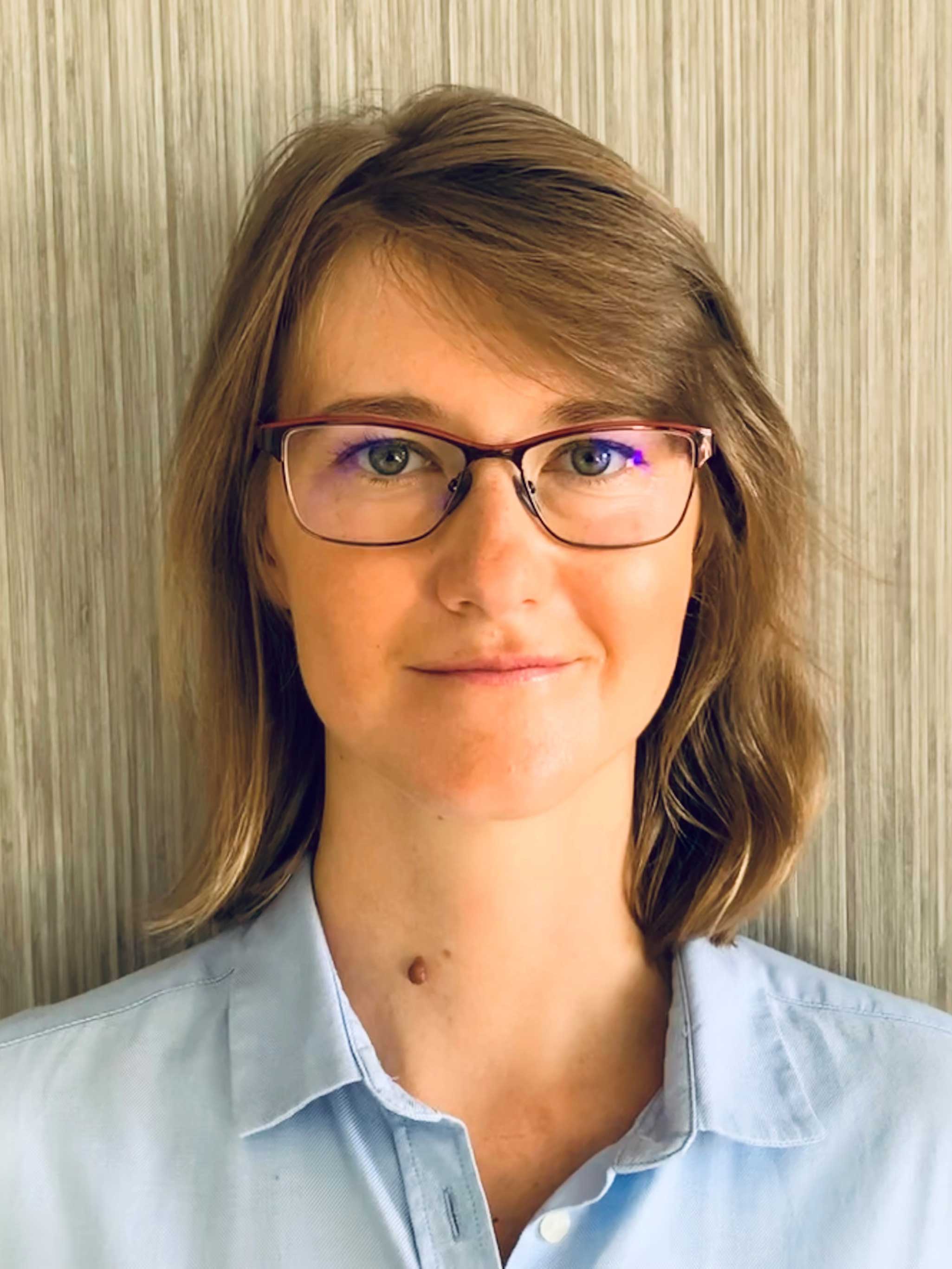 |
Magda Barecka Assistant Professor Barecka Lab focuses on transforming CO2 into the next generation of chemical building blocks. We work at the intersection of electrochemistry, catalysis, sustainability and process intensification. |
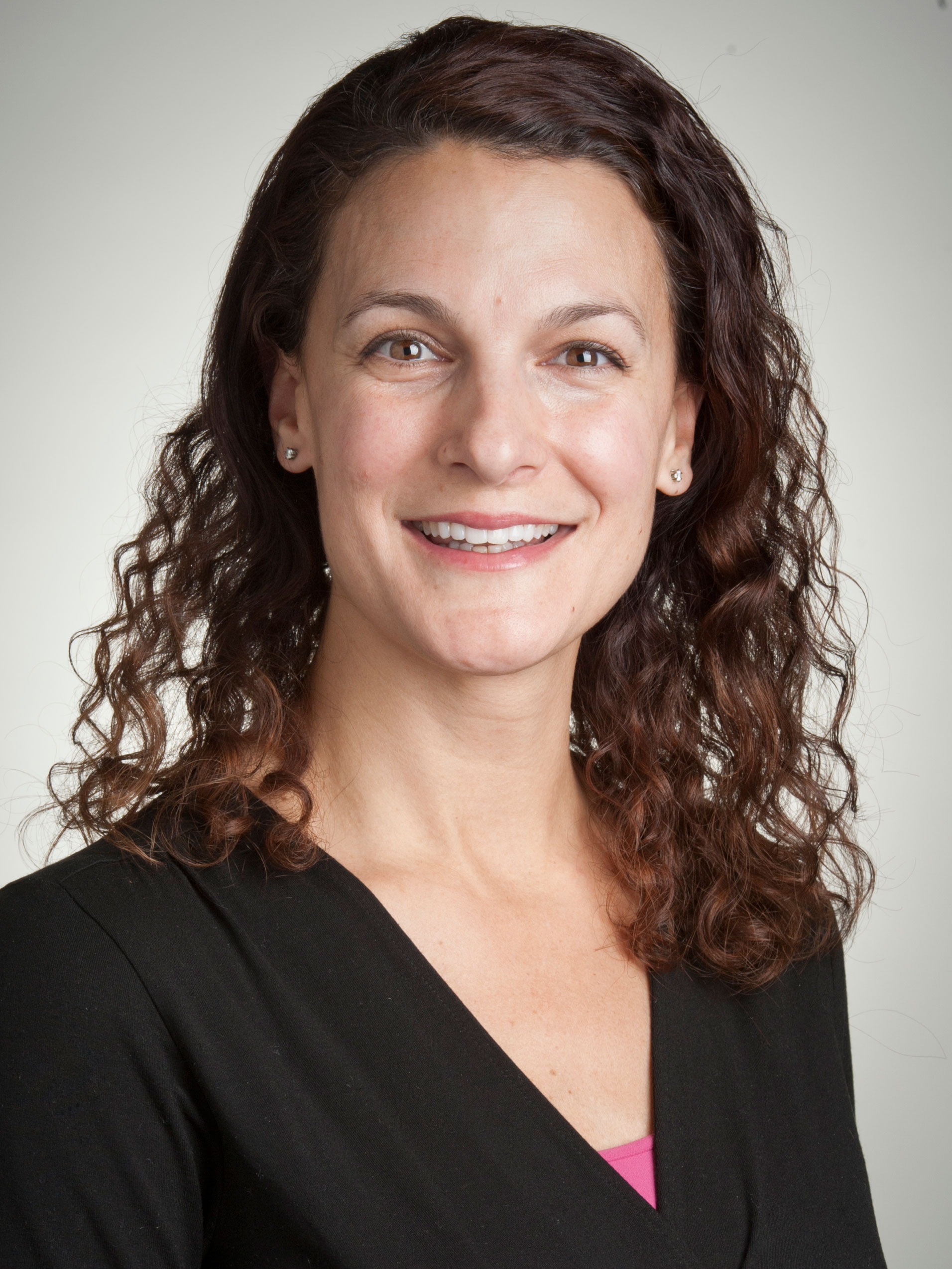 |
Rebecca Carrier Professor Advanced Drug Delivery Research (ADDRES) Laboratory conducts research in regenerative medicine, with a focus on intestinal and retinal tissue engineering, and in oral drug delivery, with a focus on enabling effective oral delivery of therapeutics. |
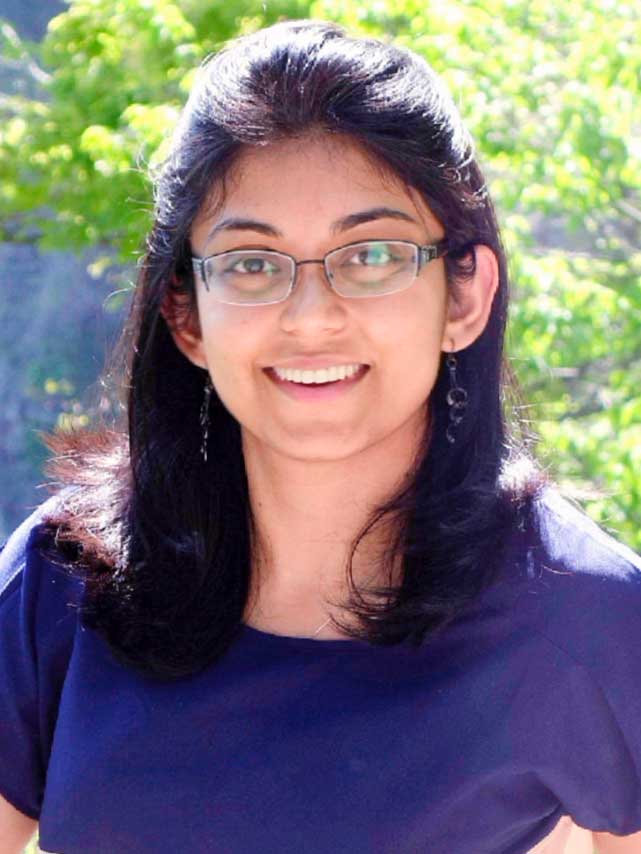 |
Srirupa Chakraborty Assistant Professsor Simbiosys Lab focuses on structure-dynamics modeling of complex biosystems by looking at these through the virtual microscope. The goal of the lab is to solve biomedical problems at the molecular level both from first principles, as well as harnessing data-driven approaches. |
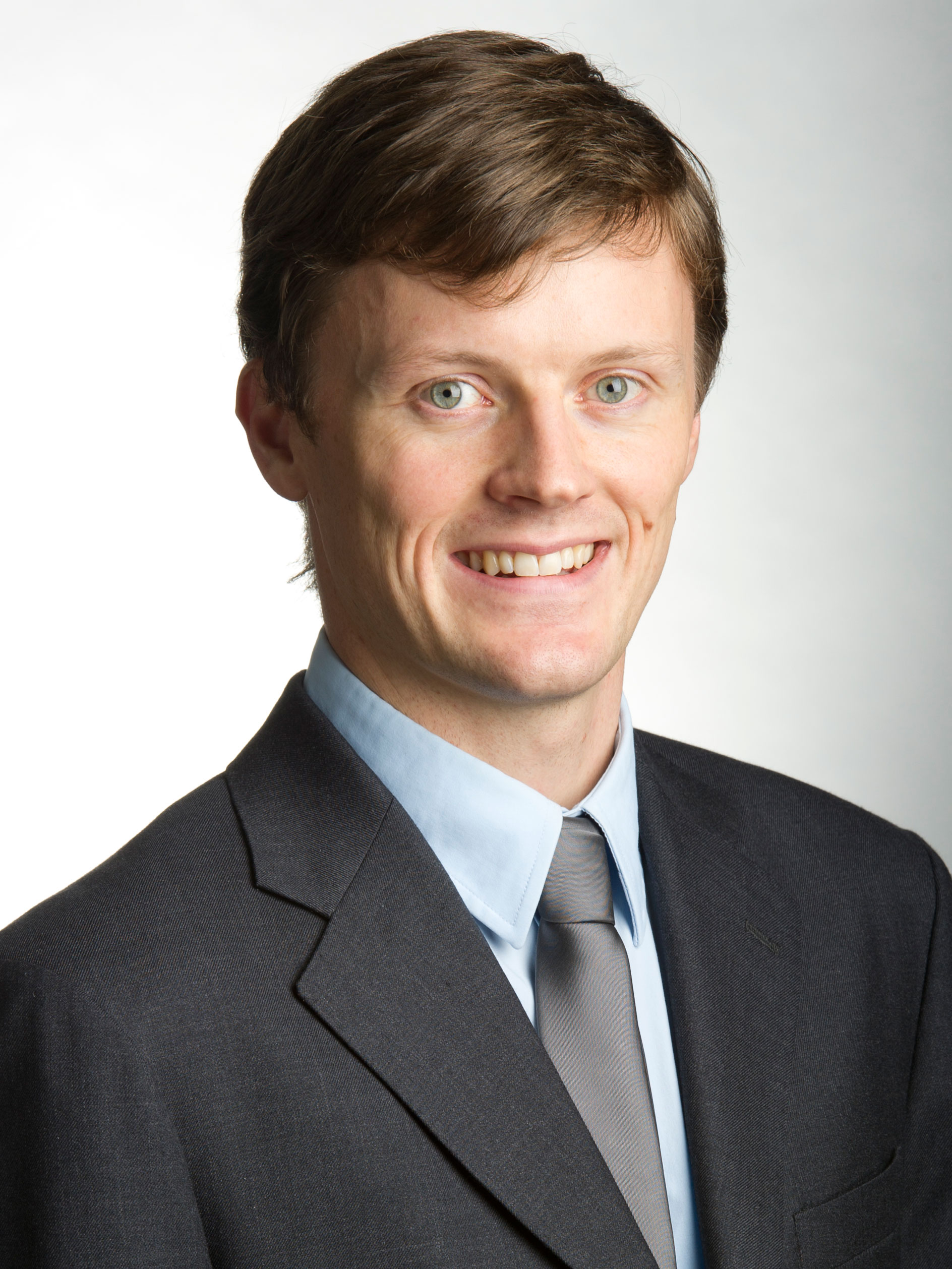 |
Richard West Associate Professor Computational Modeling in Chemical Engineering focuses of the research is the development of detailed microkinetic models for complex reacting systems, like combustion, heterogeneous catalysis, and bio-fuel processing. |
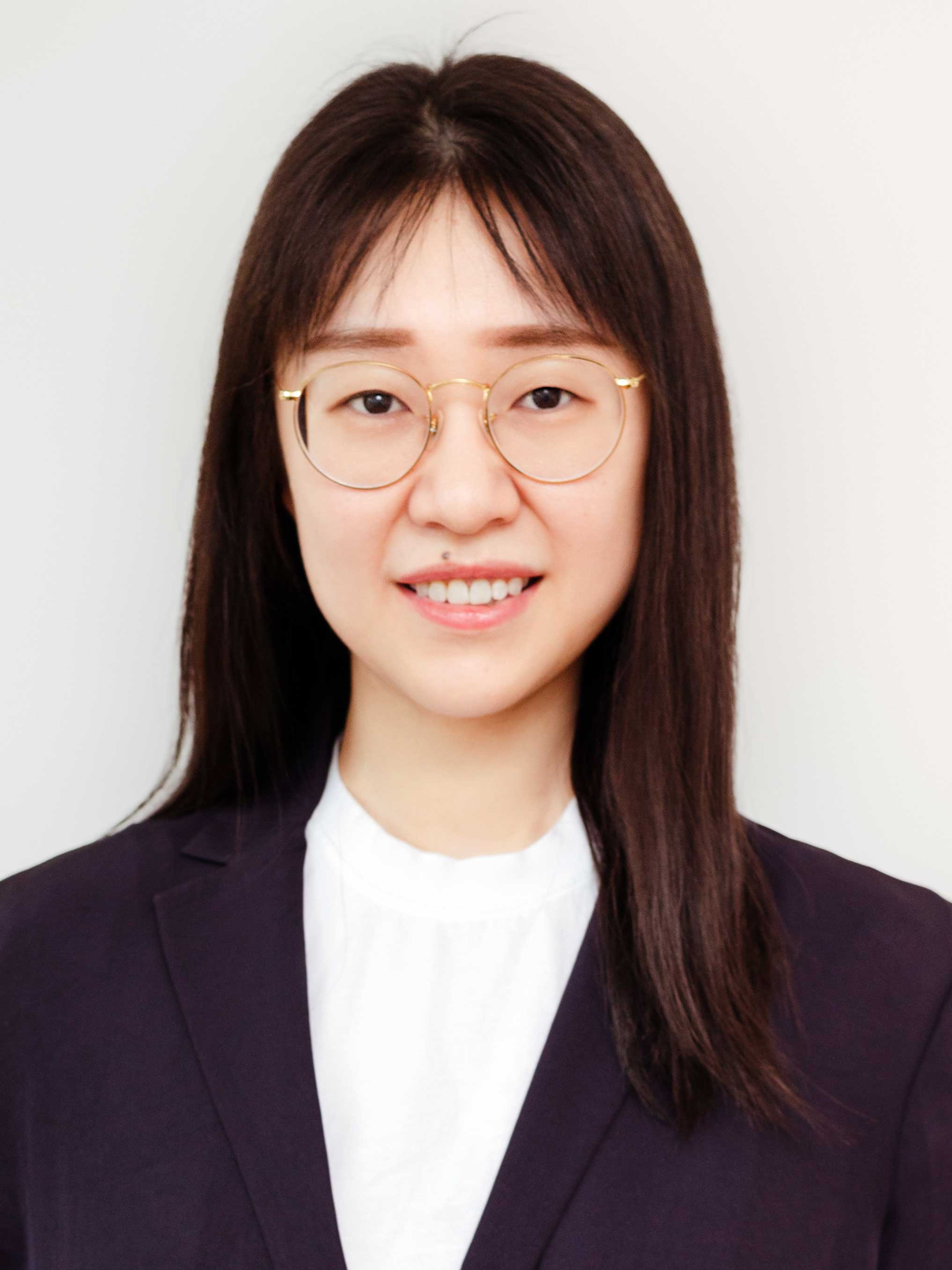 |
Qing Zhao Assistant Professor Zhao Research Group- Computation Catalyst Design works at the interface with computational chemistry, materials science, sustainable energy, and machine learning. |